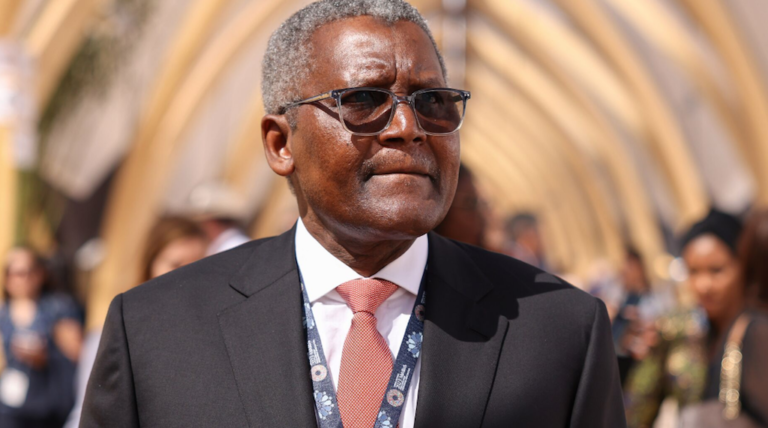Dangote Cement has lost its long-held spot at the top of the Top 20 West African Companies list after three consecutive years of declining market value. Once worth $11.2 billion in 2022, its value now stands at $5.3 billion, reflecting both market challenges and the continued weakening of the Nigerian naira. BUA Foods, another Nigerian giant, also saw a dip from $5.2 billion in 2024 to $4.9 billion in this year’s assessment.
Both firms have been surpassed by Airtel Africa, which surged from $5 billion to $7.8 billion, buoyed by its strong performance across multiple African markets. Although headquartered and listed in Nigeria, Airtel Africa’s pan-African presence has shielded it from the worst effects of currency devaluation, unlike many of its peers.
Ivory Coast Rises, Ghana Struggles
Ivorian companies performed impressively this year, earning four places in the regional rankings. Meanwhile, Ghana registered only a single company—Scancom, which saw its valuation leap from $1.6 billion to $2.7 billion. This notable rise stands in contrast to the wider stagnation of Ghana’s economy, still reeling from a recent debt default and subsequent restructuring.
Despite broader limitations in Africa’s overall corporate market value, the Bourse Régionale des Valeurs Mobilières (BRVM)—West Africa’s regional stock exchange based in Côte d’Ivoire—closed 2024 at a record CFA20.6 trillion francs ($36 billion). This was a significant rise from CFA18.3 trillion the previous year. Trading activity also increased notably, with transaction values growing from CFA396 billion to CFA462 billion, and the BRVM all-share index climbing 28.9% to 276 points.
Recapitalisation Challenges Shake Nigerian Banks
Nigeria’s banking sector, which typically dominates the regional list, faced growing pressure in 2024. A significant part of the strain came from a decade of naira depreciation, which has eroded banks’ capital when measured in dollars. To address this, the Central Bank of Nigeria (CBN) has raised capital requirements to ₦500 billion ($310 million) for internationally licensed banks and ₦25 billion ($16 million) for national banks. Institutions must meet these thresholds by March 2026, either through capital injection, licence downgrades, or mergers.
The last wave of bank consolidation occurred in 2005 and significantly reshaped the financial landscape. This time, however, the number of banks has already contracted, with 10 institutions controlling around 90% of Nigerian banking assets. Whether the current recapitalisation wave leads to a new generation of dominant players remains to be seen.
S&P Global analysts suggest the move could help Nigerian banks become more competitive on the global stage, especially in trade finance. Strengthened balance sheets may also empower mid-tier banks to increase lending and improve financial services to the real economy.
Despite headwinds, the bar for entry into the top companies list has risen. Lafarge Africa needed a market cap of $774 million to secure the final spot, up from $556 million held by Stanbic IBTC Holdings in the previous year.
Company Spotlight: Sonatel’s Surge
Sonatel (Société Nationale des Telecommunications), headquartered in Senegal and listed on the BRVM, has climbed steadily up the ranks. Its market value jumped from $2.9 billion to $4.1 billion, placing it 38th in Africa’s Top 250 Companies and fourth in West Africa, making it the second-largest telecom firm in the region.
With Orange holding a 42.33% stake, Sonatel introduced 5G services in Senegal in 2024 after acquiring its licence for $57 million. The company maintains a 50% market share in Senegal and also operates in Mali, Guinea, Guinea Bissau, and Sierra Leone. Growth has largely been driven by its Orange Money mobile payment platform.
Its fixed-line subscriber base grew 25% to 741,000 users in 2024, despite a general industry shift away from landlines.
In a major investment move, a consortium including British International Investment (BII), the International Finance Corporation, and Proparco committed €87 million ($99 million) to expand Sonatel’s telecom infrastructure, especially in rural areas.
Chris Chijiutomi, Managing Director and Head of Africa at BII, stated:
“Digital infrastructure is crucial to unlocking Africa’s economic potential. This investment will help Sonatel deliver affordable, high-quality connectivity and boost inclusive development, particularly in underserved regions. It also supports our ambition to expand investment in Francophone West Africa.”

